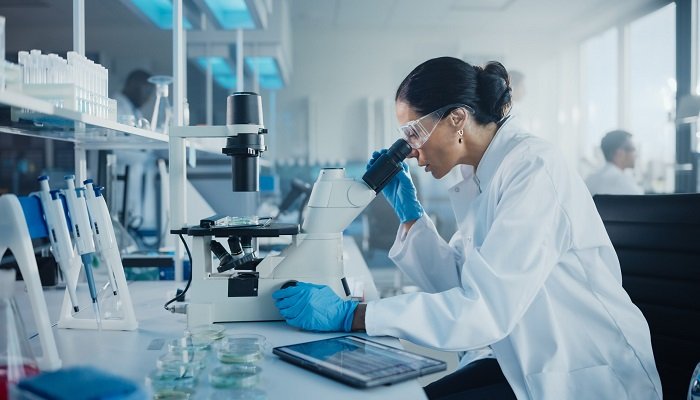
In the evolving landscape of healthcare, pathology laboratories stand at the forefront of disease diagnosis and patient care. By integrating data science into their operations, these laboratories have significantly enhanced diagnostic accuracy, operational efficiency, and personalized treatment approaches.
Understanding Pathology Laboratories
Pathology laboratories are specialized medical facilities dedicated to the examination of biological specimens—such as blood, urine, and tissue samples—to detect and diagnose diseases. They are broadly categorized into:
- Clinical Pathology: This branch focuses on analyzing bodily fluids to diagnose conditions like diabetes, infectious diseases, and lipid disorders.
- Anatomical Pathology: This area deals with the examination of tissue samples, aiding in the diagnosis of diseases ranging from routine screenings to complex cancers and inflammatory conditions.
Pathologists employ a combination of visual examination, chemical tests, and microscopic analysis to provide accurate diagnoses essential for effective treatment planning.
The Impact of Data Science on Pathology
The integration of data science into pathology has ushered in transformative changes, enhancing various aspects of laboratory operations:
Enhanced Diagnostic Accuracy
Data science technologies, particularly machine learning and artificial intelligence, play a pivotal role in analyzing vast datasets of medical images. These technologies learn from each case to improve the accuracy and speed of disease detection. For instance, AI algorithms can identify subtle differences in cell shapes and patterns indicative of early-stage cancers, often surpassing traditional methods in accuracy.
Streamlined Laboratory Operations
Data-driven automation accelerates sample processing and enhances the precision of repetitive tasks, such as slide staining and cell counting. This automation allows pathologists to focus on more complex analytical tasks, thereby improving laboratory efficiency and reducing human error.
Predictive Analytics in Disease Management
Predictive analytics utilize historical data to identify trends and forecast future outcomes, enabling healthcare providers to tailor treatments to individual patients. This approach optimizes healthcare delivery and improves patient prognosis by anticipating disease progression and treatment responses.
Facilitating Personalized Medicine
By analyzing genetic data and other health markers, data science facilitates personalized medicine, where treatments are customized to each patient’s unique characteristics. This personalized approach enhances treatment effectiveness and minimizes side effects, particularly in cancer therapy.
Supporting Research and Development
Data science accelerates pathology research by enabling the analysis of large datasets more efficiently. It supports the identification of new disease markers, enhances the understanding of disease pathways, and drives innovation in diagnostic techniques and therapeutic strategies.
Challenges and Ethical Considerations
Despite the numerous benefits, integrating data science into pathology laboratories presents challenges:
- Data Accuracy and Integrity: Errors in data input, processing, or interpretation can lead to incorrect diagnoses and inappropriate treatments. Ensuring the accuracy and reliability of data-driven systems is critical.
- Data Privacy and Security: Handling sensitive patient data necessitates stringent security measures to protect against breaches and comply with regulations such as the Health Insurance Portability and Accountability Act (HIPAA) in the United States.
- Ethical Use of AI: As AI systems become more involved in patient care, it is vital to ensure their ethical use and to maintain the essential human elements of medical practice.
Future Prospects: Data Science and Pathology
Looking ahead, the role of data science in pathology is poised to expand. Advancements in AI and machine learning will continue to refine diagnostic techniques, making them more precise and efficient. This progression promises to further enhance personalized medicine and potentially introduce new modalities for disease prevention and treatment.
Integrating data science into pathology laboratories represents a significant shift toward more data-driven, precise, and patient-centered healthcare. As these technologies evolve, they promise to unlock new possibilities in diagnosing and treating diseases, shaping the future of medicine. However, balancing technological advances with ethical considerations and data security will be crucial in leveraging the full potential of data science in pathology.